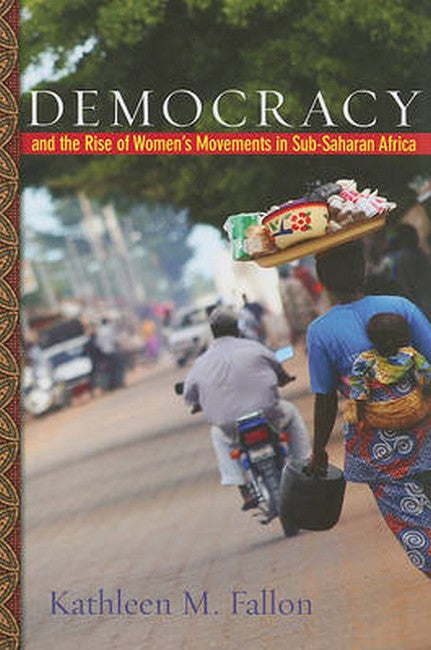Despite a late and fitful start, democracy in Africa, Latin America, and Eastern Europe has recently shown promising growth. Kathleen M. Fallon discusses the role of women and women's advocacy groups in furthering the democratic transformation of formerly autocratic states.Using Ghana as a case study, Fallon examines the specific processes women are using to bring about political change. She assesses information gathered from interviews and surveys conducted in Ghana and assays the existing literature to provide a focused look at how women have become involved in the democratization of subSaharan nations. The narrative traces the history of democratic institutions in the region -- from the imposition of maledominated mechanisms by western states to latterday reforms that reflect the active resurgence of women's political power within many African cultures -- to show how women have made significant recent political gains in Ghana and other emerging democracies. Fallon attributes these advances to a combination of forces, including the decline of the authoritarian state and its attendant staterun women's organizations, newly formed constitutions, and newfound access to goodgovernance funding. She draws the study into the larger debate over gendered networks and democratic reform by exploring how gender roles affect and are affected by the state in Africa, Latin America, and Eastern Europe. In demonstrating how women's activism is evolving with and shaping democratization across the region, Democracy and the Rise of Women's Movements in SubSaharan Africa reveals how women's social movements are challenging the barriers created by colonization and dictatorships in Africa and beyond.

